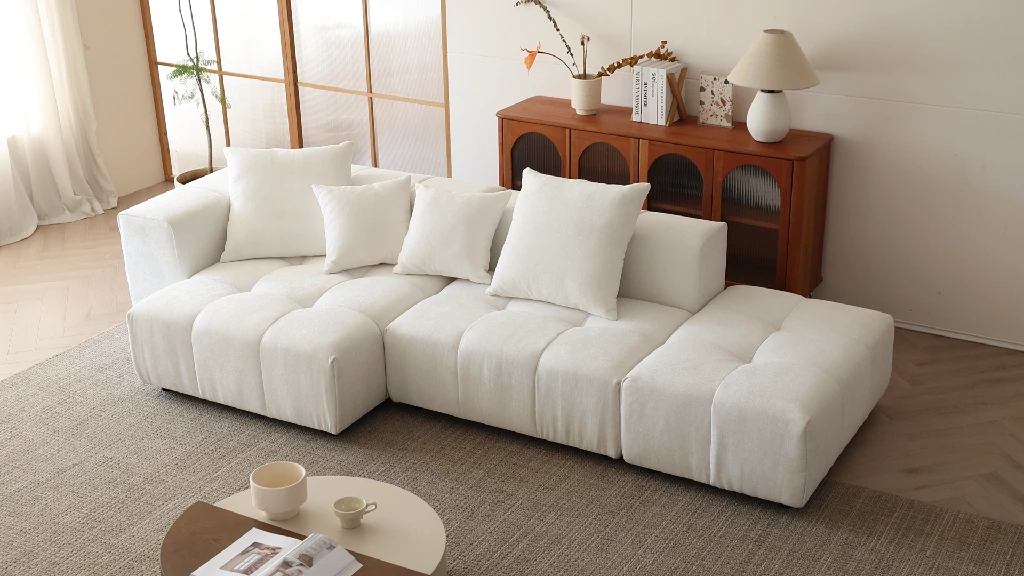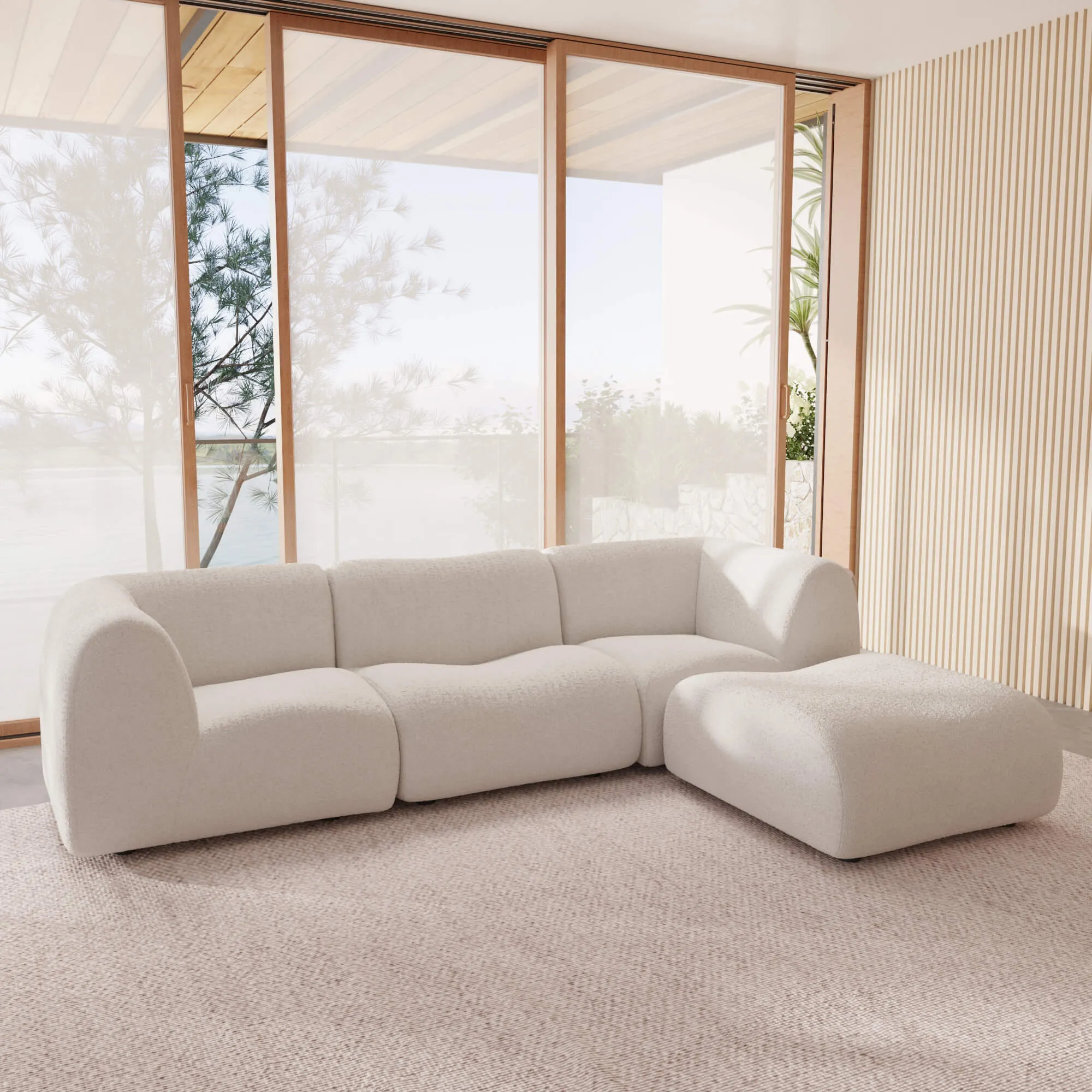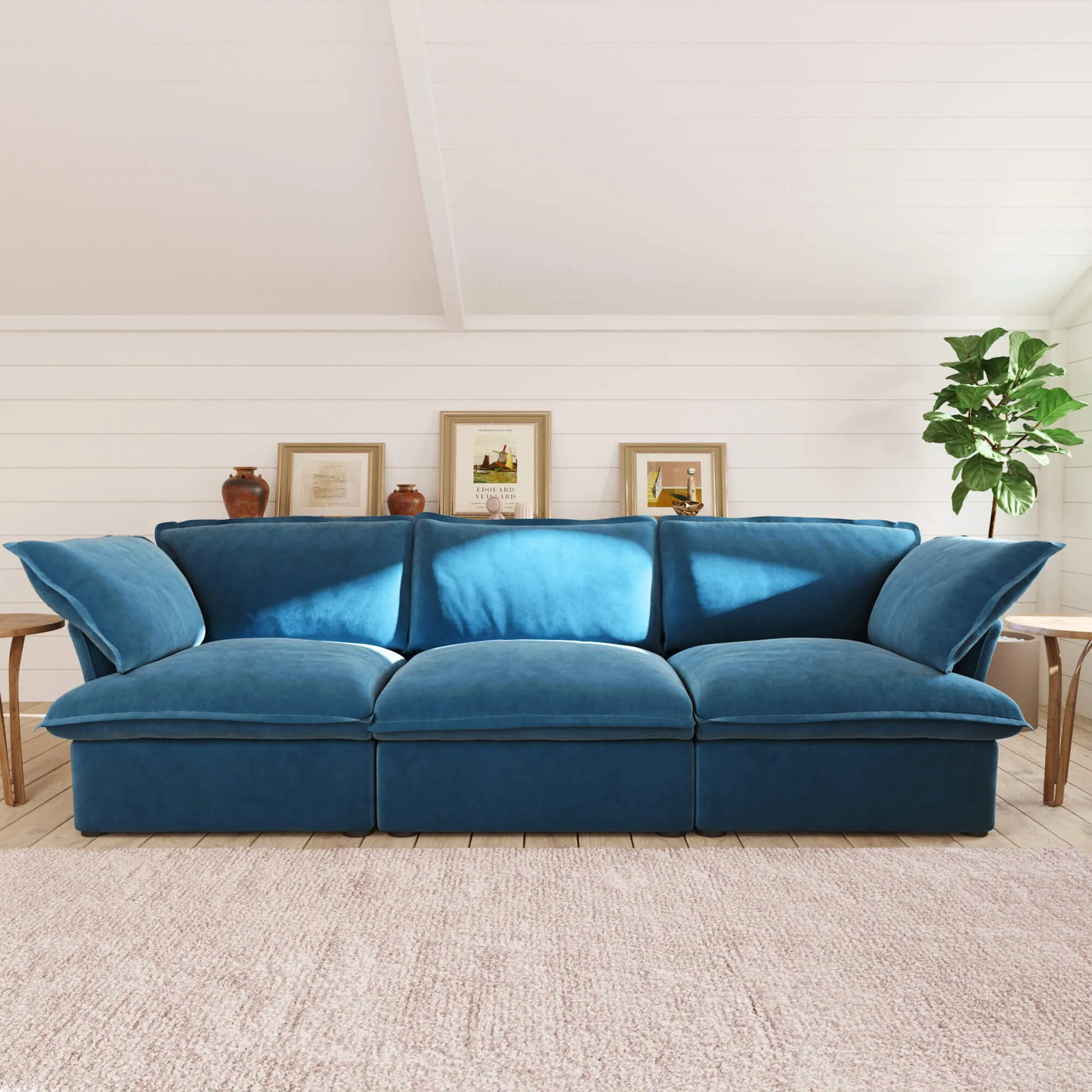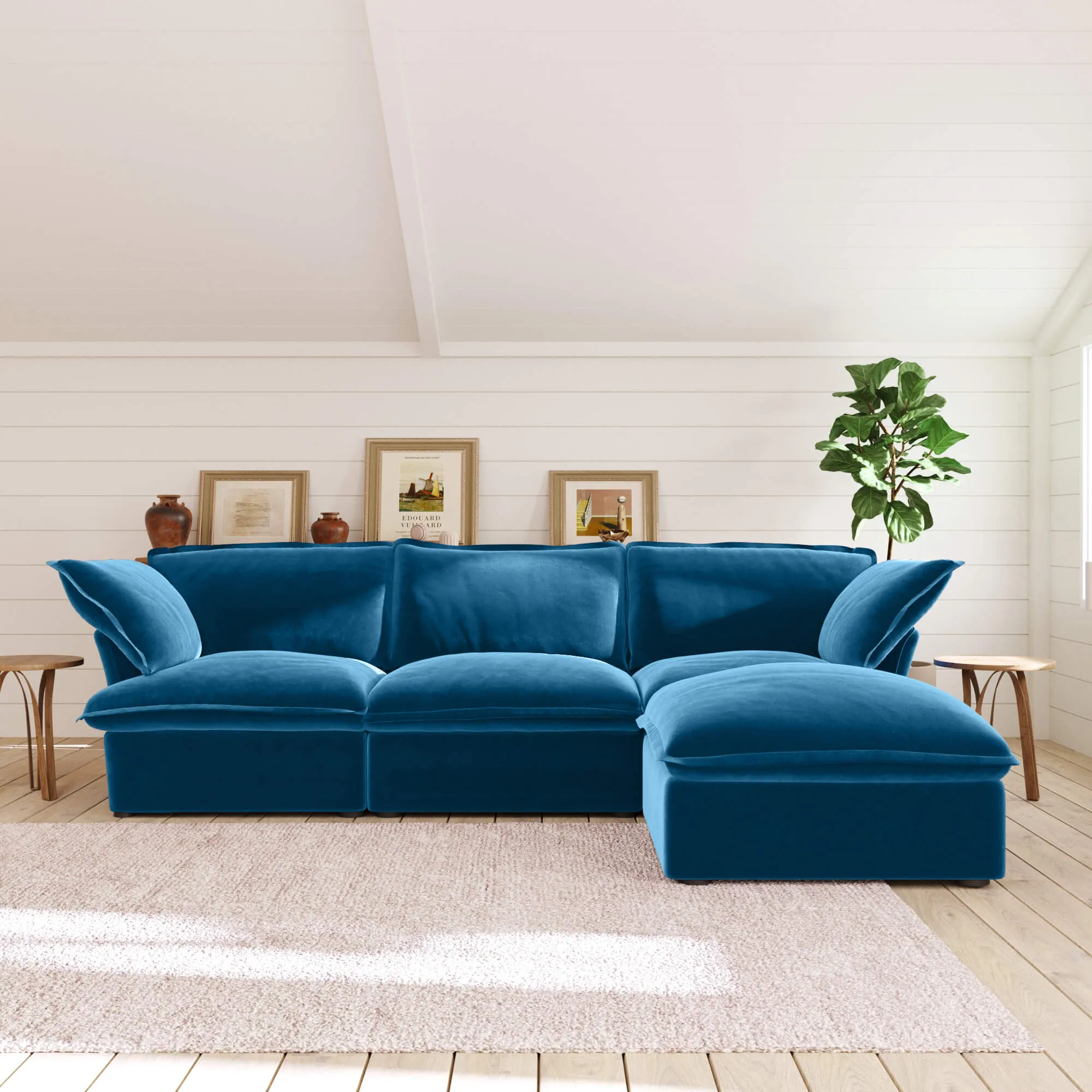Key Factors That Affect Durability
Frame Materials: Wood, Metal, or Engineered Options
The frame is the backbone of your modular sofa. Solid wood frames are strong and last a long time. Metal frames are also sturdy and resist bending. Engineered wood or particleboard frames can be cheaper, but they may not hold up as well over the years. Choosing a strong frame is important if you want your sofa to last.
When comparing different sofas, pay attention to the type of wood or metal used. Hardwoods like oak or maple offer greater longevity than softwoods or composites. If you move or rearrange your furniture often, a robust frame can better withstand the stress of assembly and transport.
Cushion Quality and Filling Types
The cushions affect both comfort and durability. High-density foam keeps its shape longer, while softer foams can flatten with regular use. Some sofas use down or fiber blends, which feel plush but may need regular fluffing. Picking quality cushions helps your sofa stay comfortable and supportive for many years.
If you want to avoid sagging or lumpy cushions, look for those with a high-resiliency foam core. For families or frequent entertainers, this can make a big difference in how your sofa holds up to daily use.
Upholstery Fabrics: Leather, Linen, Polyester, and More
The fabric or leather cover can make a big difference in how long your sofa looks good. Leather is durable and easy to clean, but it can scratch. Linen feels soft and stylish, but it wrinkles more easily. Polyester and synthetic blends are tough and stain-resistant, making them good for families or pets. Choose a fabric that fits your lifestyle.
If your living space is busy or you have pets, consider performance fabrics like microfiber or a tightly woven polyester. These materials are built to handle spills and heavy traffic, helping your sofa look newer for longer.
Frequency of Use and Lifestyle Factors
How often you use your sofa affects its lifespan. A sofa in a busy family room will wear out faster than one in a guest room. Pets, kids, or frequent rearranging can also add wear and tear. Considering your daily lifestyle helps you pick a sofa that will stay in good shape longer.
If your household loves movie nights or hosts lots of guests, opt for a sofa designed for heavy use. On the other hand, if your space is more for occasional lounging, you can prioritize style over ruggedness.
Assembly and Reconfiguration Impact
Modular sofas are moved and reconfigured, which can stress the joints and connectors. Frequent assembly or rearranging can loosen screws or weaken the frame over time. Make sure the connectors are strong and check them regularly. Proper assembly and careful movement help your sofa last longer.
Keep in mind: modular sofas shine in spaces where flexibility is key. If you plan to reconfigure your seating often, look for quality connectors and easy-to-assemble modules. Regularly tightening hardware will keep your sofa stable and extend its life.
Additional Considerations: Matching Durability to Your Space
When choosing between sofa types, think about your room's size and layout. Modular sofas are ideal if you want flexibility—rearrange sections to fit your space, whether it’s a small apartment or a spacious family room. For those who prefer a classic, unified look, sectionals can anchor a large room but may be less adaptable if you move or redecorate.
In summary, balancing durability with your lifestyle, space, and taste will help you find the modular sofa that lasts—and looks good—through years of living, lounging, and rearranging.





